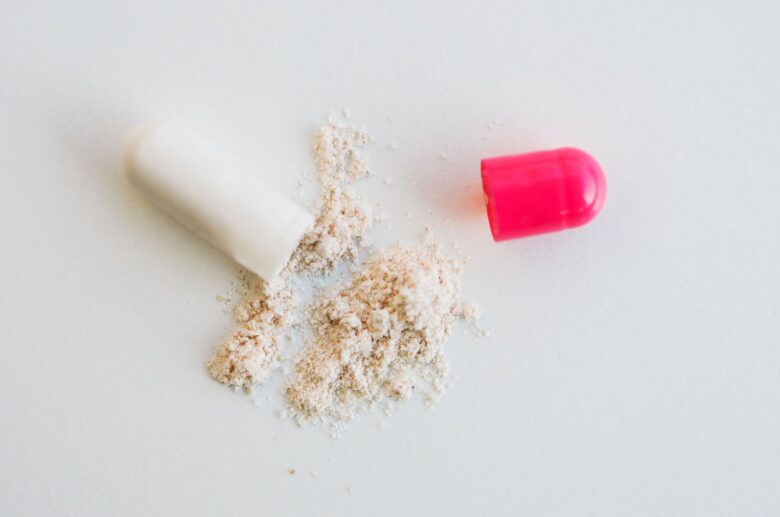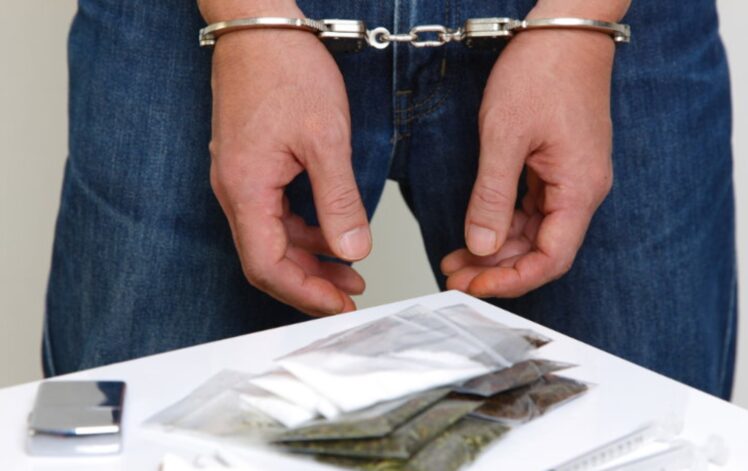Addiction – or substance abuse disorder – is a psychiatric condition that causes people to lose control of their drug-taking behaviour. Many people underestimate the powerful condition, assuming that people continue to abuse drugs due to laziness, selfishness, or being weak-willed. However addiction impacts the reward and decision-making centres of the brain, redirecting an individual’s behaviour to keep on taking the drug even though it may have repercussions on their health, personal relationships, and professional life.
It is not as easy as choosing to quit one day and the addiction is over, with relapse being an extremely common characteristic of the disease. On average, it takes around eight years to overcome substance abuse disorder, with 75% of people being able to stay clean after this period. As this journey can be difficult, professional medical advice is highly recommended to allow this process to be as efficient and safe as possible.

Source: verywellmind.com
Substance Abuse is Misunderstood in the Justice System
Despite the medically backed knowledge on addiction grasping people’s brains, the criminal justice system still treats substance abuse as a crime rather than a mental disorder. This ignorantly avoids the reason why people take drugs firstly and the nature of the disease.
Most people who partake in illicit drug taking start using them to self-medicate from a mental condition they are experiencing. Data released by the Office for Health Improvement and Disparities, showed that nearly two-thirds (63%) of individuals entering substance misuse treatment across England also had a mental health need. Out of the new starters in drug rehabilitation therapy, over half in each group were also undergoing mental health treatment – ranging from 57% in the opiate group, to 71% of the non-opiates and alcohol group.
When an individual is addicted to drugs, they are likely to become physically and mentally dependent on them. Here, their body and mind adapt to the drug being regularly consumed and need it to function without experiencing withdrawals. These can range from uncomfortable experiences – such as headaches and restlessness – to dangerous, life threatening symptoms, such as a coma or a seizure. To avoid these unpleasant experiences, the brain redirects behaviour to avoid experiencing withdrawals.
Commonly, people with a substance abuse disorder get in trouble with the law to maintain their drug-taking habit, whether that be through a build up of debt, stealing, or violence. Due to the huge effects the pandemic had on the general public’s mental health, drug-related crime is on the rise. A House of Commons Library report showed a 19% increase across England and Wales in 2020-to-2021, than the previous year.
Due to all these factors, if people coming out of prison are not properly supported and given the tools to cope with their challenging disorder, the cycle of abuse will continue. Prison time does not normally provide people dealing with substance abuse with enough tools for when they get back into the chaotic outside world. Here, there is an abundance of more challenges and stressors that could restart someone’s condition.

Source: Houston Criminal Defense Attorneys
Improving Drug Rehabilitation Access for Prisoners
Categorising people who are addicted to drugs simply as criminals is no way to break this cycle. A way to effectively increase the number of people who overcome their addiction and do not reoffend is to better fund rehabilitation and mental health services. Thankfully, a new prison exit scheme at HMP Thameside in Tower Hamlets that was introduced last year is doing just that!
The rehabilitation program has become available for prisoners who have a substance abuse disorder, providing them with regular meetings and medical treatment to help them on their road to recovery. Some of the treatments that are vital during drug rehabilitation are:
- A medical detox: This allows people to safely withdraw from a drug and help manage the uncomfortable side effects they may be facing. Depending on the substance, it may be dangerous to go “cold-turkey” and quit altogether. Medical professionals can advise on the best way to approach each person’s situation and also prescribe medication to assist the process.
- Individual therapy: Going through psychotherapy has been shown to hugely increase success rates for people in recovery from addiction. This helps address the root cause of addiction, learn new coping mechanisms and identify triggers.
- Support groups: These provide a place to feel heard, understood, and supported when dealing with the difficult emotions that are attached to substance abuse. Support groups create a non-judgemental space where these can be worked through.

Source: ccbhc.com
The scheme also gives advice on other support agencies outside of the prison, so once people complete their sentence, they can carry on being treated for their addiction. One of these organisations includes Turning Point, a leading social enterprise that supports over 100,000 people across England. CEO of Turning Point, Julie Bass, explained that the program aims to encourage people to look at their addiction and life differently when they finish their prison sentence. Continuous support in the days and weeks following someone’s release is also provided by the organisation and has been shown to dramatically decrease the amount of drug and alcohol issues during this period.
Due to the effectiveness and accessibility of the program, 70% of people carry on with the service once out of prison. Compared to the previous scheme in place, this number has increased sevenfold, meaning many more people will get the assistance they need to beat their disorder.
This scheme was co-funded by the Home Office program Project ADDER, which aims to reduce re-offence rates when it comes to drug use and drug-related crime. Lead member of this organisation, Ohid Ahmed, knows the vicious cycle of addiction and crime all too well. He explains how if people who have just come out of prison again turn to drugs, they are much more likely to end up back in prison to fund their substance use disorder. The new scheme has successfully disrupted this pattern, giving people the chance to reclaim their lives after being released drug free.
Overall, this prison exit service will help the overall community by reducing crime and re-offending rates. It also provides direct access to the people who need it the most, offering a vital space to improve their mental health and seek support.
